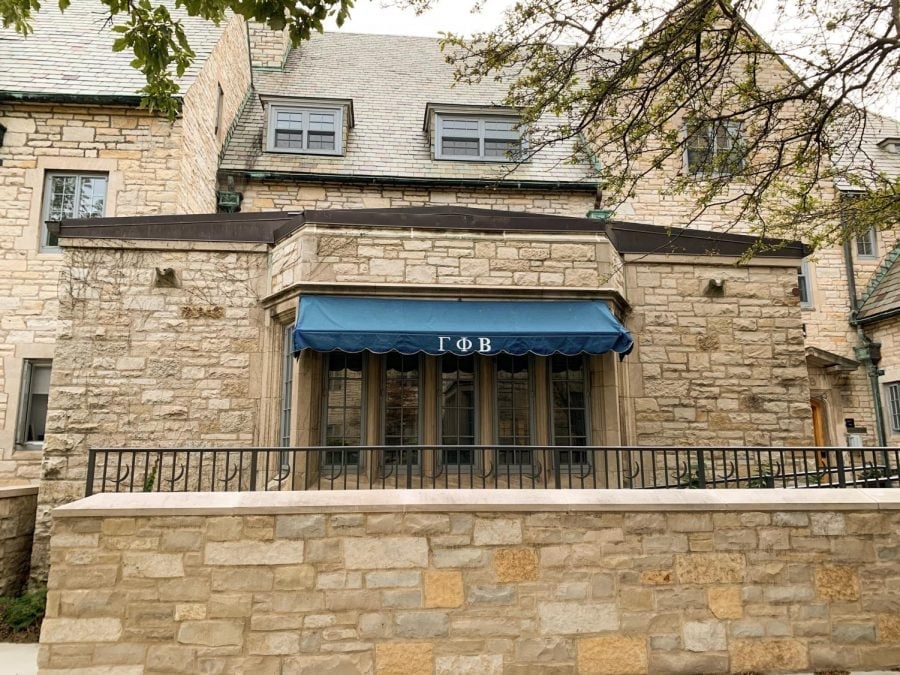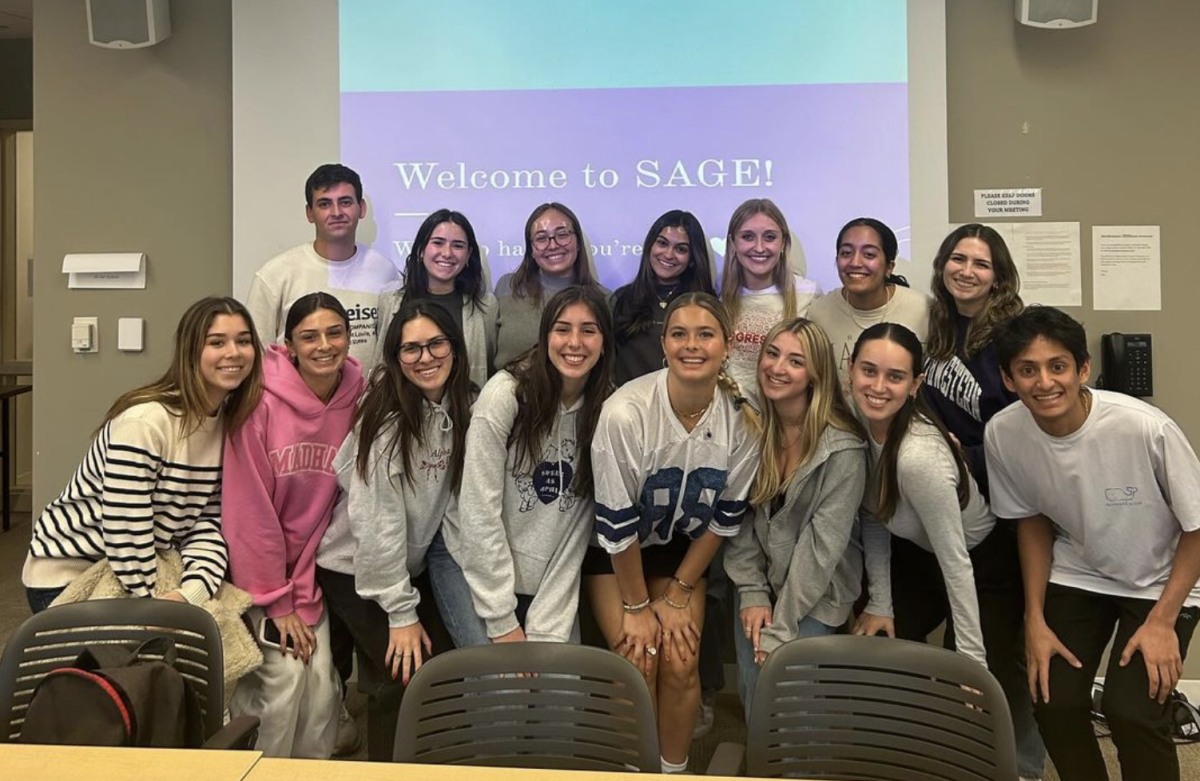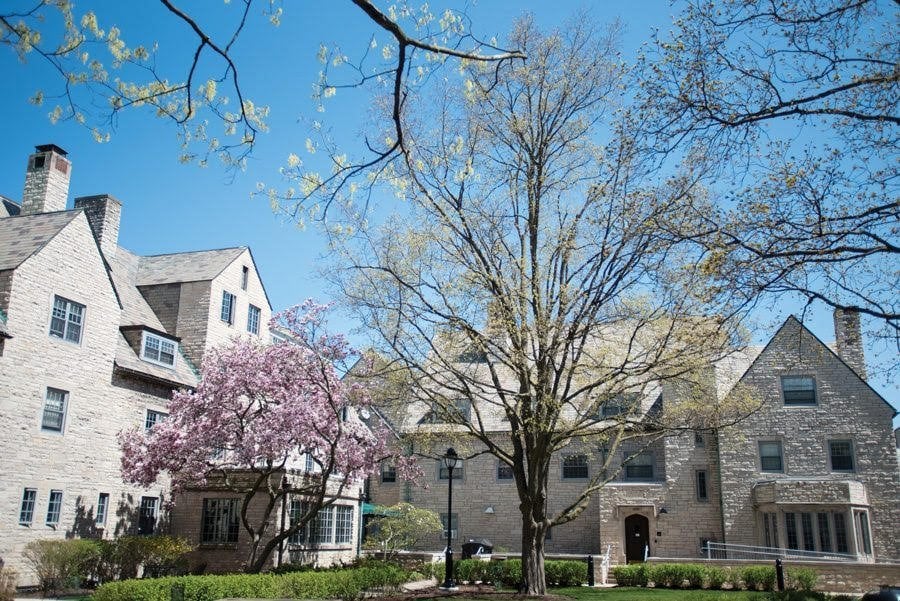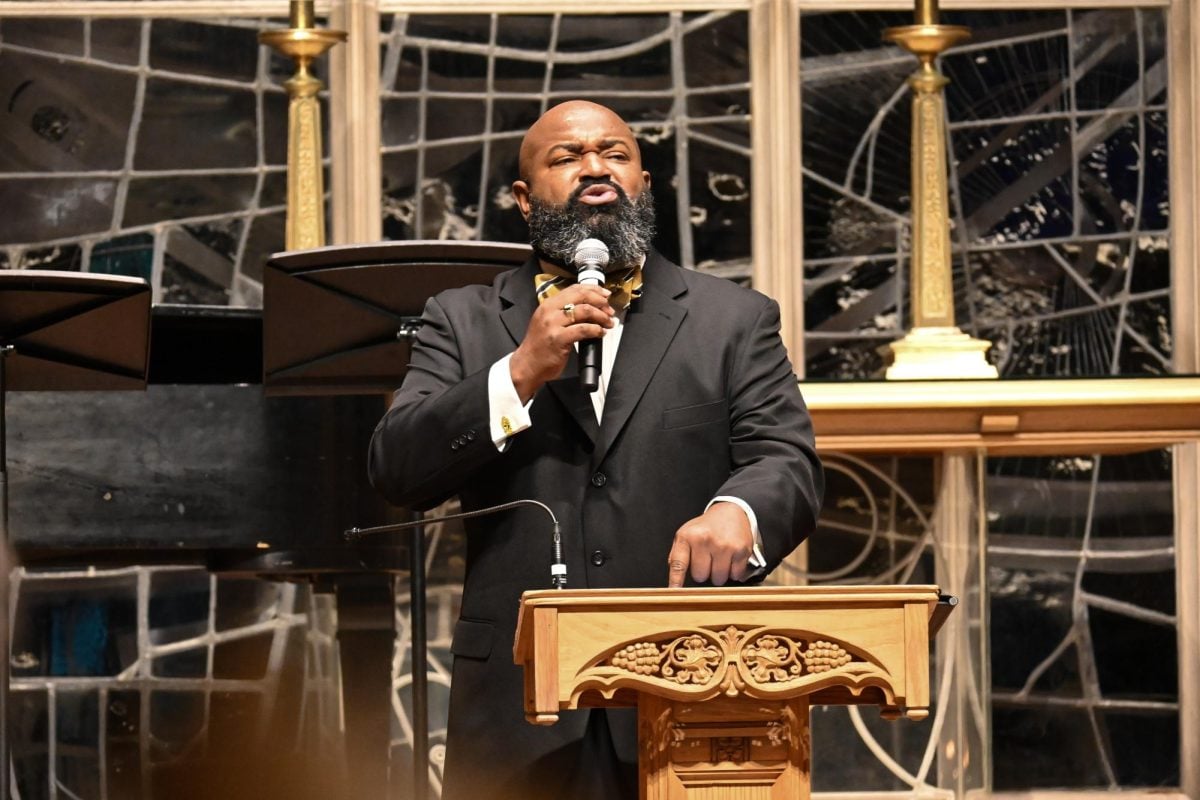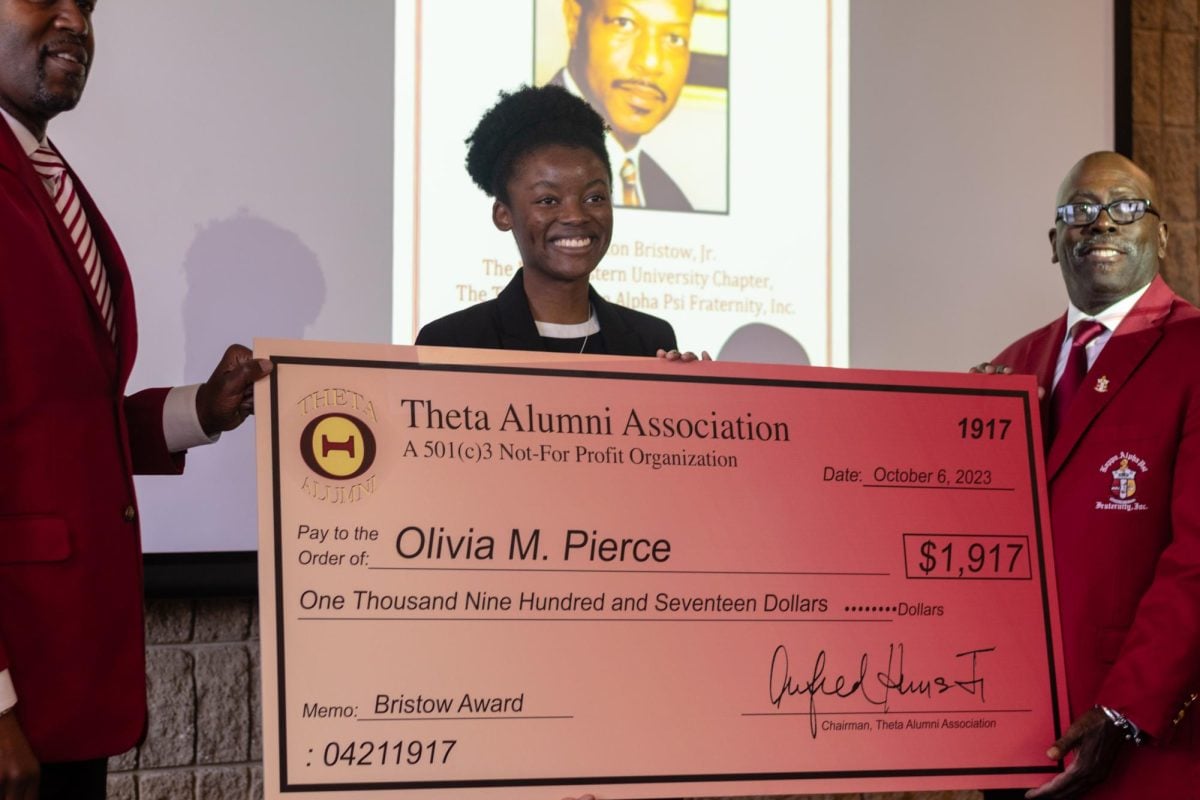National self-defense education foundation T.A.K.E. Defense held a class for female Northwestern students Saturday, adding to campus anti-violence services currently provided by University Police, the Women’s Center and other student groups.
Pi Beta Phi and Alpha Chi Omega sororities hosted the event in honor of their respective philanthropic causes, domestic violence awareness and empowering women. T.A.K.E. instructors Bob and Jill Leiker taught 60 students about awareness and combat techniques during the two-hour class.
“I believe every woman should be able to defend herself,” Jill Leiker said. “If you don’t practice self-defense techniques, you won’t be able to respond effectively.”
T.A.K.E. started in 2005 after Kansas State University freshman Ali Kemp was murdered at her summer job. Kemp was a member of the Pi Beta Phi sorority. Since then, T.A.K.E. has instructed more than 48,000 women across the country in basic self-defense techniques.
Weinberg junior Morgan Craig, a member of Pi Beta Phi, said she contacted T.A.K.E. because she thinks girls should increase their awareness of dangerous situations, especially with a campus close to Chicago.
“I never felt unsafe personally, but you don’t expect it,” Craig said. “You never really know what can happen.”
SESP sophomore Nicole Williams was at the Saturday class and said although she knew a lot about self-defense, she has never used it.
“It seems like the crime has stepped up this year on campus,” Williams said. “It makes me nervous, so this class gave me confidence.”
University Police Deputy Chief Daniel McAleer said assault and forcible sex offenses on women are reported much less frequently than other types of crimes at NU. In 2010, there were three reported cases of sexual assault on campus, according to the Annual Security and Fire Safety Reports.
McAleer said he recognizes an imbalance between the number of reported incidents and actual sexual assault cases.
“All we’re getting is people who have come forward,” McAleer said.
He added there are many reasons these types of crimes are not reported, from a victim’s reluctance to a victim’s self-blame.
Forcible sex often occurs with an acquaintance, a factor McAleer said helps explain why victims are sometimes reluctant to report assaults. He added cases may be especially difficult to prosecute if there are no other witnesses and alcohol has been involved.
To educate NU students about these situations, UP offers free women’s self-defense classes through a program called Rape Aggression Defense.
Cara Tuttle Bell, director of programs at the Women’s Center, said women’s self-defense classes are an important part of assault prevention, but added it is important that women are made aware of relationship violence prevention, as well.
“These low reports tells me that most assaults occur within some sort of relationship,” Bell said. “The victim does not want to get someone they know in trouble.”
Bell said relationship violence occurs mostly between the ages of 16 and 24 and said the Women’s Center offers awareness and education campaigns for prevention of relationship violence and teams up with student groups like Sexual Health & Assault Peer Educators and Men Against Rape and Sexual Assault.
“The root of the problem is not knowing how to defend yourself but to be aware of violence in relationships,” Bell said. “That is our goal.”
This spring, NU received a Violence Against Women Act grant worth $300,000 to coordinate domestic violence and random assault awareness. SHAPE adviser Laura Stuart said NU used the grant to create the Center for Awareness, Response & Education, a new organization that will team up with community services like Young Women’s Christian Assocation , homelessness support program Porchlight and UP to direct victimized students to help.
“It’s difficult for students to know what options are available if something should happen to them,” Stuart said. “Now there is one centralized place where we can suit any of their needs.”

